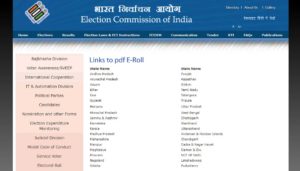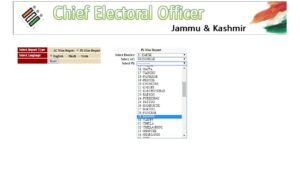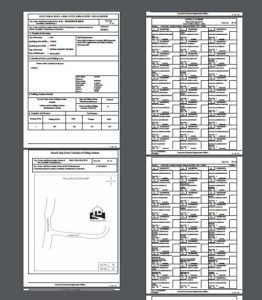American whistleblower Edward Snowden today took to Twitter to hint that Aadhar can be misused and abused by the Indian Government.
Snowden retweeted CBS journalist Zack Whittaker’s response to a BuzzFeed report on the breach of Aadhaar database in India.
He said, “It is the natural tendency of government to desire perfect records of private lives. History shows that no matter the laws, the result is abuse.”
His tweet comes a day after the Unique Identification Authority of India (UIDAI) said there was no breach in the Aadhaar database.
It is the natural tendency of government to desire perfect records of private lives. History shows that no matter the laws, the result is abuse. https://t.co/7HSQSZ4T3f
— Edward Snowden (@Snowden) January 4, 2018
The government maintained that biometric data was safe. The breach came to light following a report in The Tribune that claimed an “agent” available on WhatsApp facilitated access by a login ID and password to the particulars of any Aadhaar number.
The agent, the report claimed, was paid Rs 500 through Paytm. Particulars such as name, address, postal code, photo, phone number and email were accessed and the Aadhaar card printed, the report said.
The government, in a classic case of shoot the messenger, booked the reporter saying: “The above-mentioned persons have unauthorisedly accessed the Aadhaar ecosystem in connivance of the criminal conspiracy…”
Election Card details
If the journalist was booked for exposing the vulnerability in the Aadhar system, which the government denies and says that peoples’ data is safe, then it makes more bizarre the reason as to why the details of voters should be out in the public.
The election commission’s website allows you to download, in PDF forms the details of households, name and thus religion, and other confidential data that you trusted the government with.
 It is as basic as selecting the state, the district and then the police station to zero in on the details.
It is as basic as selecting the state, the district and then the police station to zero in on the details.

In this case we selected Jammu and Kashmir, chose the Kargil district, a town which hogged international news for the India Pakistan war. You can zero in on the police station, and a complete detail of house holds, along with a map of the station was available for download and print.

We tried doing the same for many border areas of Jammu and Kashmir and Arunachal Pradesh, and each time, the results were the same.
The details are public and vulnerable to abuse.
There have been media reports of targeted attacks on households of minorities in India’s Gujarat, by attackers identifying them from voter lists. In such a scenario, does keeping the details public make sense? Or is this not deliberate but a lack of clear policy with regards to data collection and safety?














